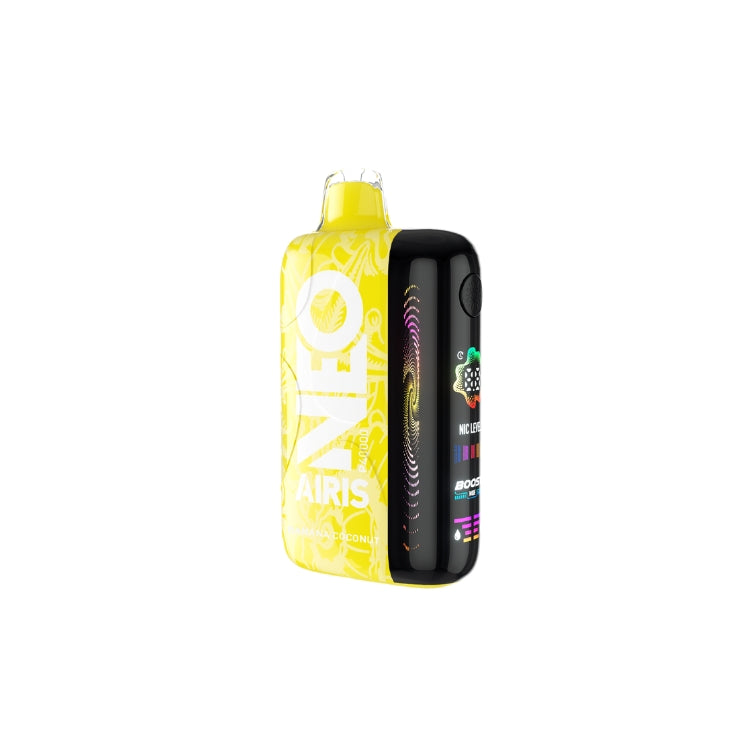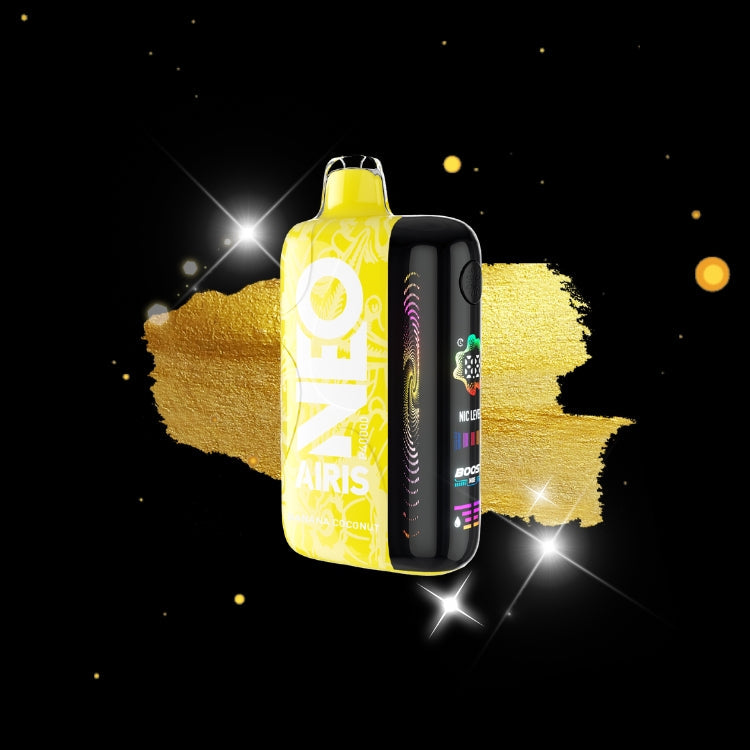Vegetable Glycerin (VG) vs Propylene Glycol (PG): The Ultimate Guide for Vapers
Vegetable Glycerin (VG) vs Propylene Glycol (PG): The Ultimate Guide for Vapers
VG vs PG: Navigating the Complexities of E-Liquid
Introduction
When it comes to the world of vaping, one of the most critical aspects is the e-liquid. The two primary ingredients in e-liquids are Vegetable Glycerin (VG) and Propylene Glycol (PG). Understanding the differences between the two and how they affect your vaping experience is essential. In this guide, we'll delve into the pros and cons of VG vs PG and help you make an informed decision.
1. What are VG and PG?
VG and PG are both food-grade substances commonly used in the food, pharmaceutical, and cosmetic industries. They serve as the base for e-liquids, providing the "carrier" for the flavorings and nicotine.
2. VG: The Thicker Option
Vegetable Glycerin is a thick, sweet liquid derived from vegetable oils. It has a higher viscosity than PG, which means it's thicker and heavier. This characteristic makes VG ideal for sub-ohm vaping, as it can produce larger clouds of vapor. However, VG-based e-liquids tend to have a milder throat hit and a slightly sweeter taste.
3. PG: The Thinner Alternative
Propylene Glycol is a thinner, colorless liquid with little to no flavor. It's derived from petroleum, but don't let that deter you – it's safe for consumption in small amounts. PG-based e-liquids have a stronger throat hit and are better suited for mouth-to-lung vaping. They also carry flavor more effectively, making them popular among those who prioritize taste over vapor production.
4. Vapor Production
One of the most significant differences between VG and PG is the amount of vapor they produce. VG has a higher glycerin content, which leads to denser, larger clouds. If you're a cloud chaser, you'll likely prefer VG-based e-liquids. On the other hand, PG produces thinner vapor, making it a better choice for those who prefer a more traditional cigarette-like experience.
5. Flavor and Throat Hit
When it comes to flavor and throat hit, PG has the upper hand. The thinner consistency of PG allows for better flavor transfer, resulting in a more pronounced taste. Additionally, PG provides a more noticeable throat hit, which many smokers find satisfying when transitioning to vaping. VG, with its thicker consistency, can sometimes mute the flavor and provide a milder throat hit.
6. Allergies and Sensitivity
Some vapers may experience sensitivities or allergies to PG. If you find that your throat becomes irritated or you experience other adverse reactions when vaping, you may have a sensitivity to PG. In such cases, a VG-dominant e-liquid may be a better option for you.
7. Mixing VG and PG
Many e-liquid manufacturers offer blends of VG and PG to cater to a wide range of preferences. A 50/50 VG/PG ratio is common, providing a balance between vapor production and flavor. However, you can also find e-liquids with varying ratios, such as 70/30 or 80/20, to suit your specific needs.
Conclusion
In conclusion, the choice between VG and PG comes down to personal preference and priorities. If you're a cloud chaser, you'll likely lean towards VG. If flavor and throat hit are more important to you, PG may be the better option. Alternatively, you can explore the world of VG/PG blends to find the perfect balance for your vaping needs. Remember to always choose high-quality e-liquids from reputable sources like That Vape Club to ensure a satisfying and safe vaping experience.


You may also like
-
Example product title
Regular price $19.99 USDRegular price -
Example product title
Regular price $19.99 USDRegular price -
Example product title
Regular price $19.99 USDRegular price -
Example product title
Regular price $19.99 USDRegular price


